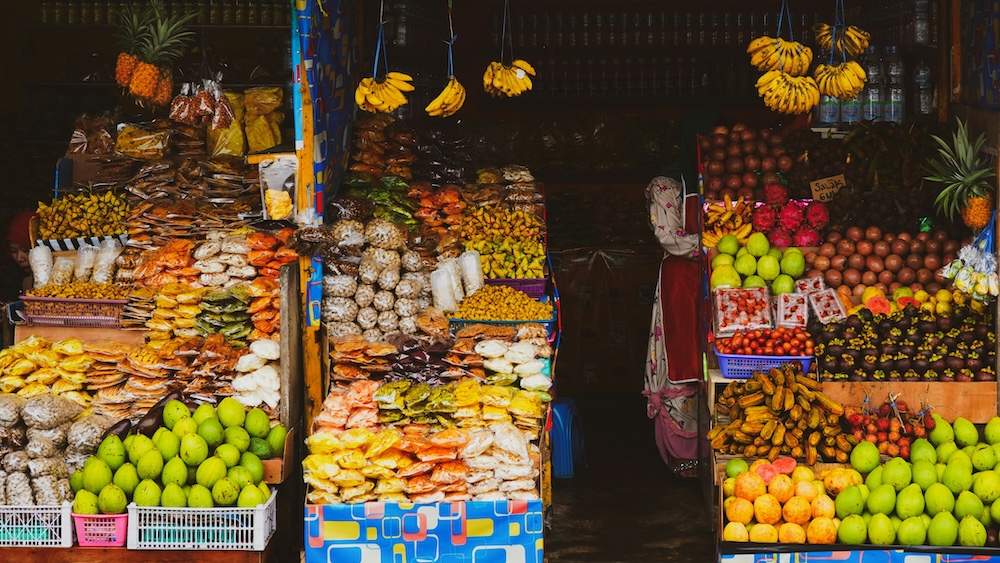Tidak boleh dinafikan bahawa, Malaysia merupakan sebuah negara yang kaya dengan pelbagai jenis buah-buahan tempatan yang enak, berwarna-warni dan sangat berkhasiat.
Penularan COVID-19 di negara ini dan di seluruh dunia bagaikan belum berpenghujung. Kita dapat lihat banyak peristiwa penting seakan-akan tenggelam kerana hampir semua daripada kita menumpukan perhatian terhadap pandemik dan usaha mengurangkan tekanan akibat daripadanya.
On the 28th of May, the government decided for all states to undergo another total lockdown or the Movement Control Order 3.0 (MCO 3.0) effective from 1 to 14 June. The MCO 3.0 was further extended until the 28th of June. On the 29th of June, the MCO 3.0 was then replaced with the National Recovery Plan (Pelan Pemulihan Negara - PPN) Phase One.
On the 11th March 2020, the World Health Organization (WHO) declared the COVID-19 global outbreak to be a pandemic. Following WHO’s call for countries “to urgently scale-up aggressive measures” to contain the spread of the disease, on the 16th March, the Malaysian government announced that it would observe a form of lockdown through a Movement Controlled Order (MCO), an order derived under powers given to the government in the Prevention and Control of Infectious Diseases Act 1988 and the Police Act 1967.
The recent outbreak of COVID-19 has become a world-wide catastrophe in this century. It is devastating to see many people lost their lives, especially older generations and people with high health risks. In Malaysia, coronavirus has begun to replace our day-to-day life with a new norm.


















